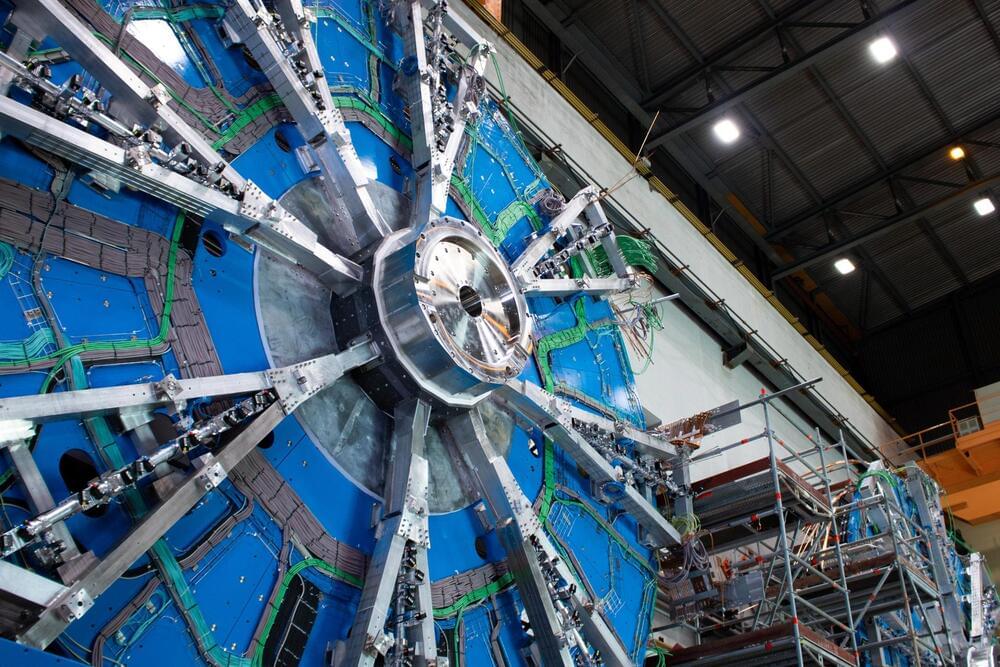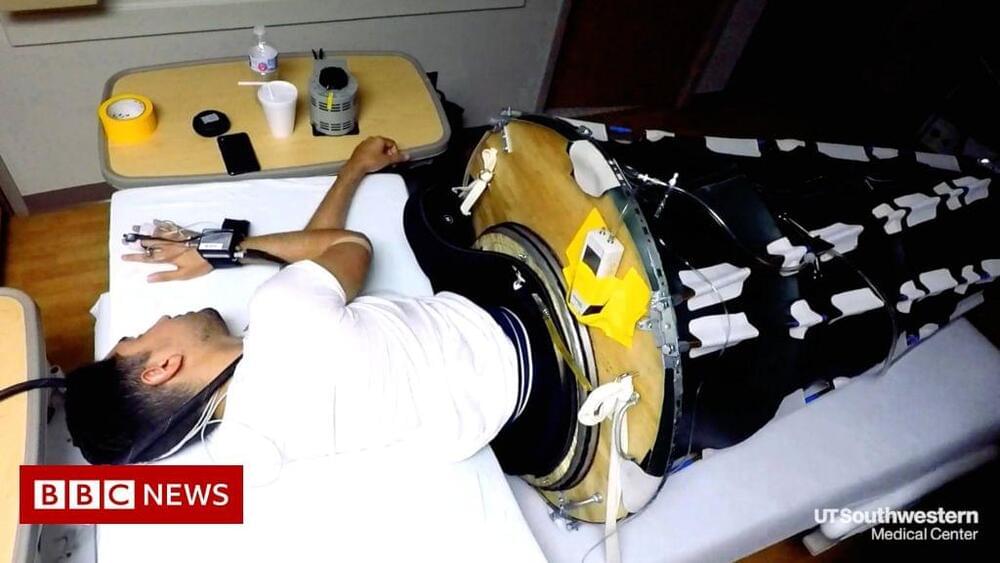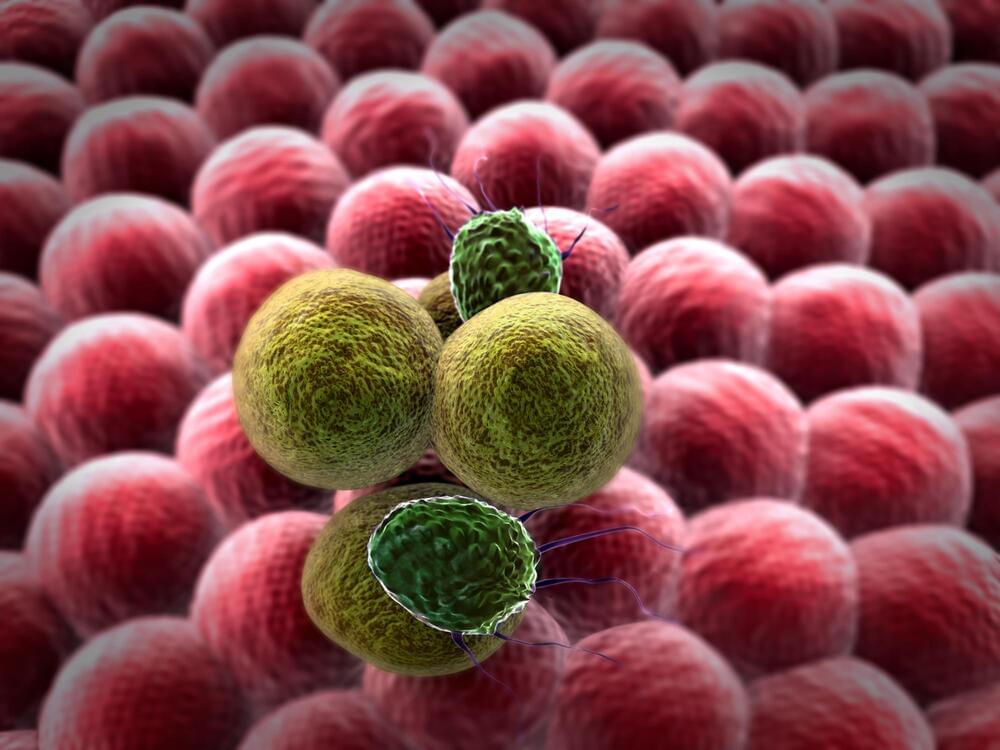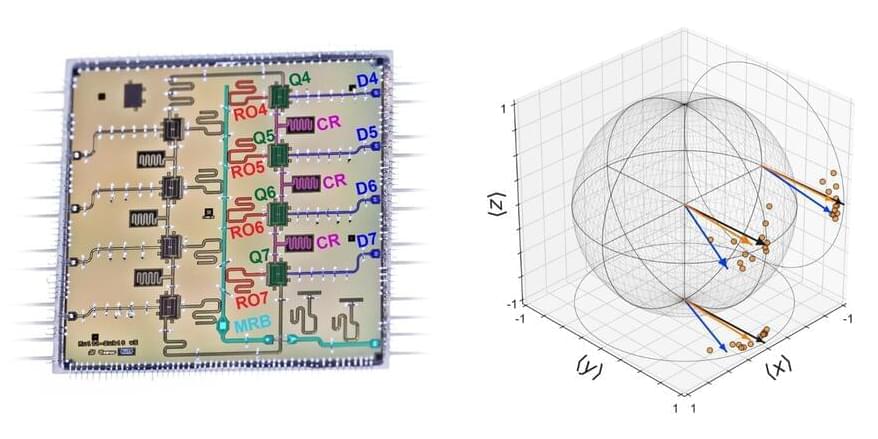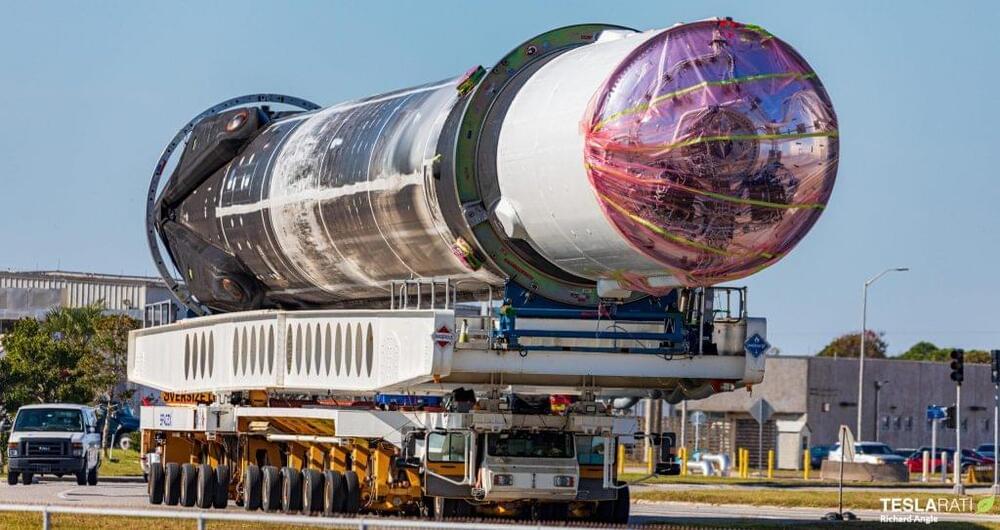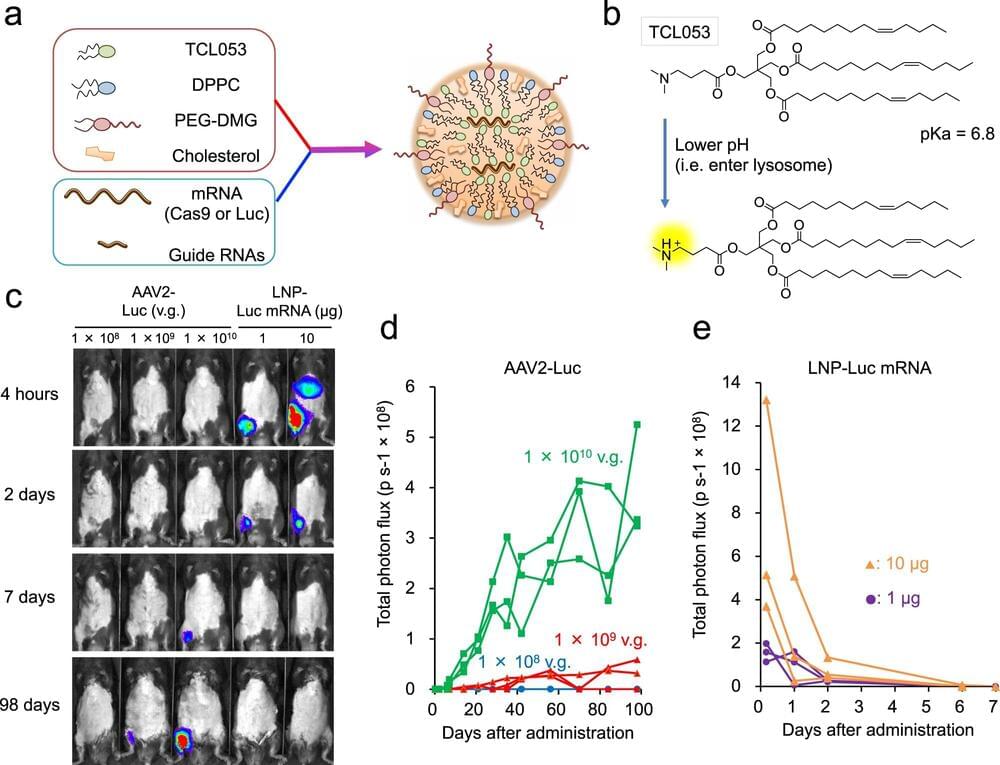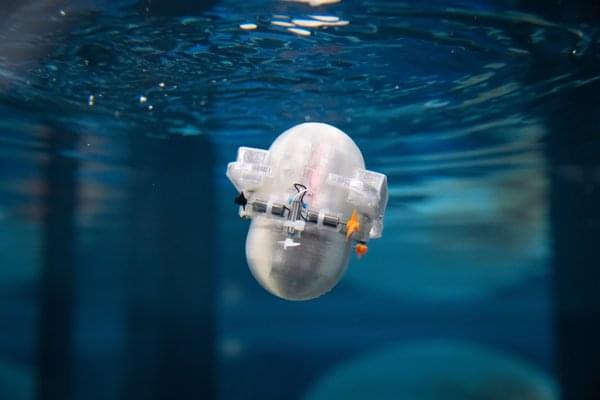Dec 10, 2021
Advanced Detectors for a New Era of ATLAS Physics at the Large Hadron Collider
Posted by Genevieve Klien in category: particle physics
The ATLAS Experiment at CERN
Established in 1954 and headquartered in Geneva, Switzerland, CERN is a European research organization that operates the Large Hadron Collider, the largest particle physics laboratory in the world. Its full name is the European Organization for Nuclear Research (French: Organisation européenne pour la recherche nucléaire) and the CERN acronym comes from the French Conseil Européen pour la Recherche Nucléaire.
